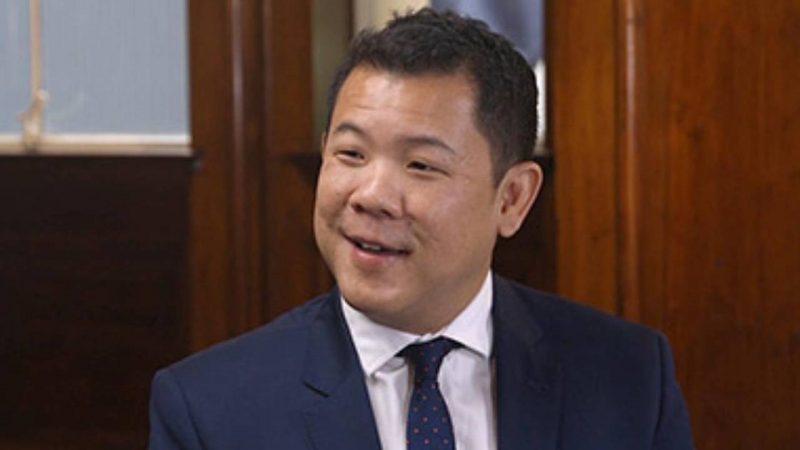- Daigou retailer AuMake (AU8) is now offering buy now, pay later services to its Chinese customers
- The company says Alipay’s Huabei service and Tencent’s Fenfu service are now available both instore and online
- This means customers can buy in bulk and pay back the purchase in interest-free instalments instead of having to fork out the full sum in one hit
- Daigou shopping refers to a Chinese shopper buying Australian or New Zealand products and then selling them via direct postage back to China
- While not illegal, the practice takes advantage of Chinese import loopholes to avoid tariffs and taxes
- AuMake’s stores are designed to provide a daigou platform for Chinese shoppers
- AuMake shares are trading over 12 per cent higher today, currently worth 6.5 cents each
Daigou retailer AuMake (AU8) has integrated Chinese buy now, pay later services (BNPL) Huabei and Fenfu into its specialist retail platform.
The company told shareholders today its customers can now use the BNPL services both in-store and online. Huabei is owned by Alipay and has over 190 million users, while Fenfu is owned by Tencent, which has a customer base of 1.1 billion people.
These shoppers can now pay back the cost of their goods in interest-free instalments instead of needing to fork out the full sum of cash in one hit.
AuMake specialises in selling Australian and New Zealand products to Chinese shoppers, generally to take advantage of daigou practices.
Often referred to as the “grey market” due to its moral ambiguity, daigou literally translates to “buying on behalf of”.
The practice involves a Chinese shopper or group of Chinese shoppers buying bulk products in Australia or New Zealand and selling them via direct postage back to China. Daigou can sometimes be illegal, but often simply takes advantage of legal Chinese import loopholes to avoid tariffs and taxes.
AuMake provides a direct platform for these Chinese shoppers to source their goods. The company’s retail stores in Australia and New Zealand stock popular daigou products, which can range from luxury goods to infant formula, and markets them to Asian customers and the Asian tourism industry.
Of course, given the nature of the business, AuMake was struck a particularly brutal blow from the COVID-19 pandemic. Company shares dropped from 14 cents each to just three cents each from late-January to mid-March, and the company is now doing its best to take back some of the losses.
Today, upon news of the BNPL service integration, AuMake shares are trading 12.1 per cent higher and worth 6.5 cents each — representing more than a 110 per cent recovery from their March slump. The company operates in a $21.28 million market cap.

